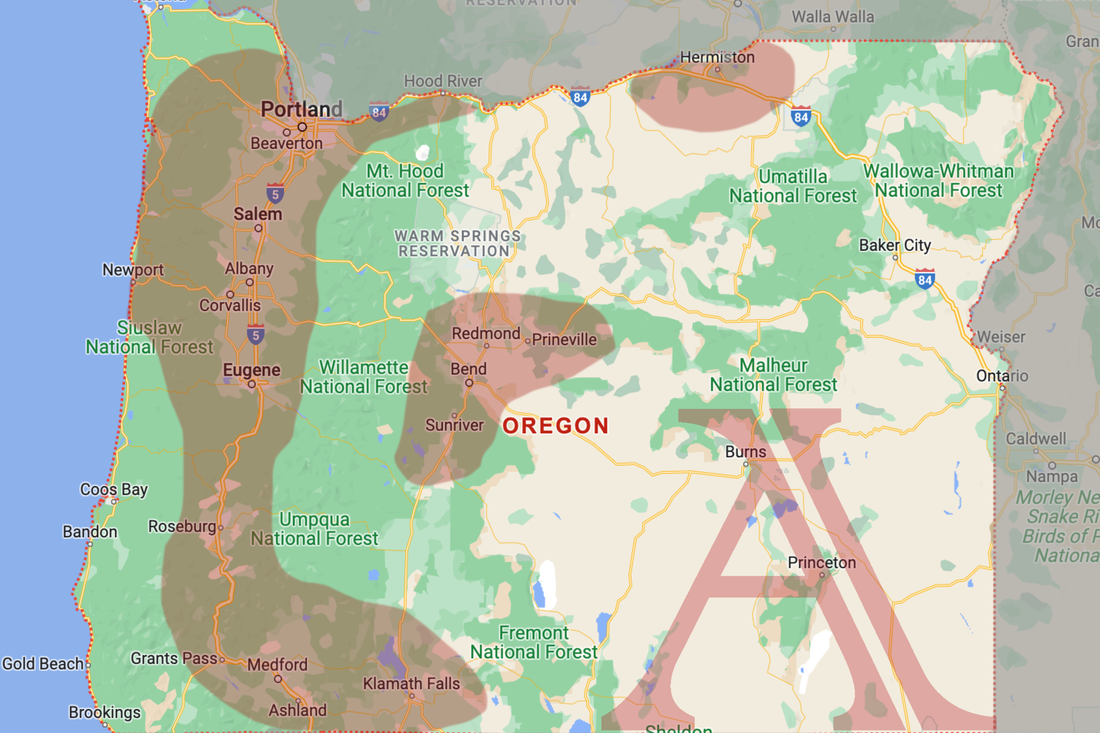Becoming an HOA Community Manager: How to Shift Your Career Path
What is an HOA Community Manager?
A Homeowners’ Association (HOA) Community Manager (CM) is the most important member of the community management team. They are responsible for monitoring the financial, legal, and operational aspects of an HOA. The manager also serves as a liaison between the board of directors and homeowners. A good HOA community manager has strong communication skills and can handle a variety of tasks at the same time.
Duties and Responsibilities
The duties of a CM include maintaining the association's property, making necessary reports to the board of directors, and coordinating communications with homeowners and other board members. While the duties of a CM are varied, they generally include a list of tasks to be performed each month. These to-do lists include items such as collecting data for presentations and sending meeting notices.
Skills Needed
To become an HOA community manager, you need to be able to communicate with residents, contractors, and other key stakeholders. You also need to understand the state and federal laws that govern the association. For example, HOAs must disclose directors and officers liability coverage in their management agreement.
One of the most important parts of being an HOA Community Manager is the ability to listen to residents' concerns. If a resident expresses frustration with the community, the manager should respond without escalating the issue. By allowing residents to communicate with the community manager, they are more likely to come to the manager with their problems.
Training
All the knowledge a community manager needs should be provided in national training programs, in-house training, certification courses, and ongoing education. You should be required by your company to pass a state-approved examination to qualify for the position, although not all companies require this and should be a sign that you won’t receive the training you’ll need to be successful in your new position.
Examples of How to Make the Switch
From Hannah Christensen, Community Manager:
When I was looking for a new job opportunity, I found an opening for an Assistant Community Manager at Aperion Management Group on LinkedIn. At the time, I had zero experience with Association Management, but hoped certain skills I gained from previously managing an apartment community would translate over. I quickly learned that although certain skills did indeed translate over, Association Management is a very distinctive world of its own, and can be an overwhelming amount of information when you begin. With the education and resources I needed to excel in this new environment provided by my employer, and education opportunities through the Community Association Institute, I became a Community Manager within a year of working in the industry, and now manage three Associations. I thoroughly enjoy building a rapport with the Boards, homeowners, and businesses throughout the community. Working in Association Management has opened a wonderful opportunity to be intertwined in the Central Oregon Community that I would not have otherwise and I am incredibly thankful for that.
From Erin McKenna, Community Manager:
I came to Aperion after working in restaurants for 20 years. I worked as a manager and event coordinator which provided me with some of the necessary skills to being a good community manager. I had never worked in an office or within the HOA industry, so it was a big change for me, but I was excited to learn. I love problem solving and being a mother of four I’m well versed in juggling numerous projects and deescalating situations. My favorite part of being a community manager is developing relationships with the board members, owners, and business partners. It’s incredibly rewarding when I can work with the board and business partners to make a project come to fruition for the owners of the Association.
How do you make the switch?
Learning from what’s needed to be a CM and the stories above, it’s clear that any background can lead to the Association Management industry. To transition into a CM role, it’s important to find a company that will foster a learning environment, have the desire to be a problem solver, like to form relationships, and then put your skills to work. A new career path could be just around the corner!
By Erin McKenna and Hannah Christensen
A Homeowners’ Association (HOA) Community Manager (CM) is the most important member of the community management team. They are responsible for monitoring the financial, legal, and operational aspects of an HOA. The manager also serves as a liaison between the board of directors and homeowners. A good HOA community manager has strong communication skills and can handle a variety of tasks at the same time.
Duties and Responsibilities
The duties of a CM include maintaining the association's property, making necessary reports to the board of directors, and coordinating communications with homeowners and other board members. While the duties of a CM are varied, they generally include a list of tasks to be performed each month. These to-do lists include items such as collecting data for presentations and sending meeting notices.
Skills Needed
To become an HOA community manager, you need to be able to communicate with residents, contractors, and other key stakeholders. You also need to understand the state and federal laws that govern the association. For example, HOAs must disclose directors and officers liability coverage in their management agreement.
One of the most important parts of being an HOA Community Manager is the ability to listen to residents' concerns. If a resident expresses frustration with the community, the manager should respond without escalating the issue. By allowing residents to communicate with the community manager, they are more likely to come to the manager with their problems.
Training
All the knowledge a community manager needs should be provided in national training programs, in-house training, certification courses, and ongoing education. You should be required by your company to pass a state-approved examination to qualify for the position, although not all companies require this and should be a sign that you won’t receive the training you’ll need to be successful in your new position.
Examples of How to Make the Switch
From Hannah Christensen, Community Manager:
When I was looking for a new job opportunity, I found an opening for an Assistant Community Manager at Aperion Management Group on LinkedIn. At the time, I had zero experience with Association Management, but hoped certain skills I gained from previously managing an apartment community would translate over. I quickly learned that although certain skills did indeed translate over, Association Management is a very distinctive world of its own, and can be an overwhelming amount of information when you begin. With the education and resources I needed to excel in this new environment provided by my employer, and education opportunities through the Community Association Institute, I became a Community Manager within a year of working in the industry, and now manage three Associations. I thoroughly enjoy building a rapport with the Boards, homeowners, and businesses throughout the community. Working in Association Management has opened a wonderful opportunity to be intertwined in the Central Oregon Community that I would not have otherwise and I am incredibly thankful for that.
From Erin McKenna, Community Manager:
I came to Aperion after working in restaurants for 20 years. I worked as a manager and event coordinator which provided me with some of the necessary skills to being a good community manager. I had never worked in an office or within the HOA industry, so it was a big change for me, but I was excited to learn. I love problem solving and being a mother of four I’m well versed in juggling numerous projects and deescalating situations. My favorite part of being a community manager is developing relationships with the board members, owners, and business partners. It’s incredibly rewarding when I can work with the board and business partners to make a project come to fruition for the owners of the Association.
How do you make the switch?
Learning from what’s needed to be a CM and the stories above, it’s clear that any background can lead to the Association Management industry. To transition into a CM role, it’s important to find a company that will foster a learning environment, have the desire to be a problem solver, like to form relationships, and then put your skills to work. A new career path could be just around the corner!
By Erin McKenna and Hannah Christensen


